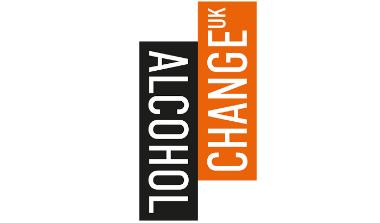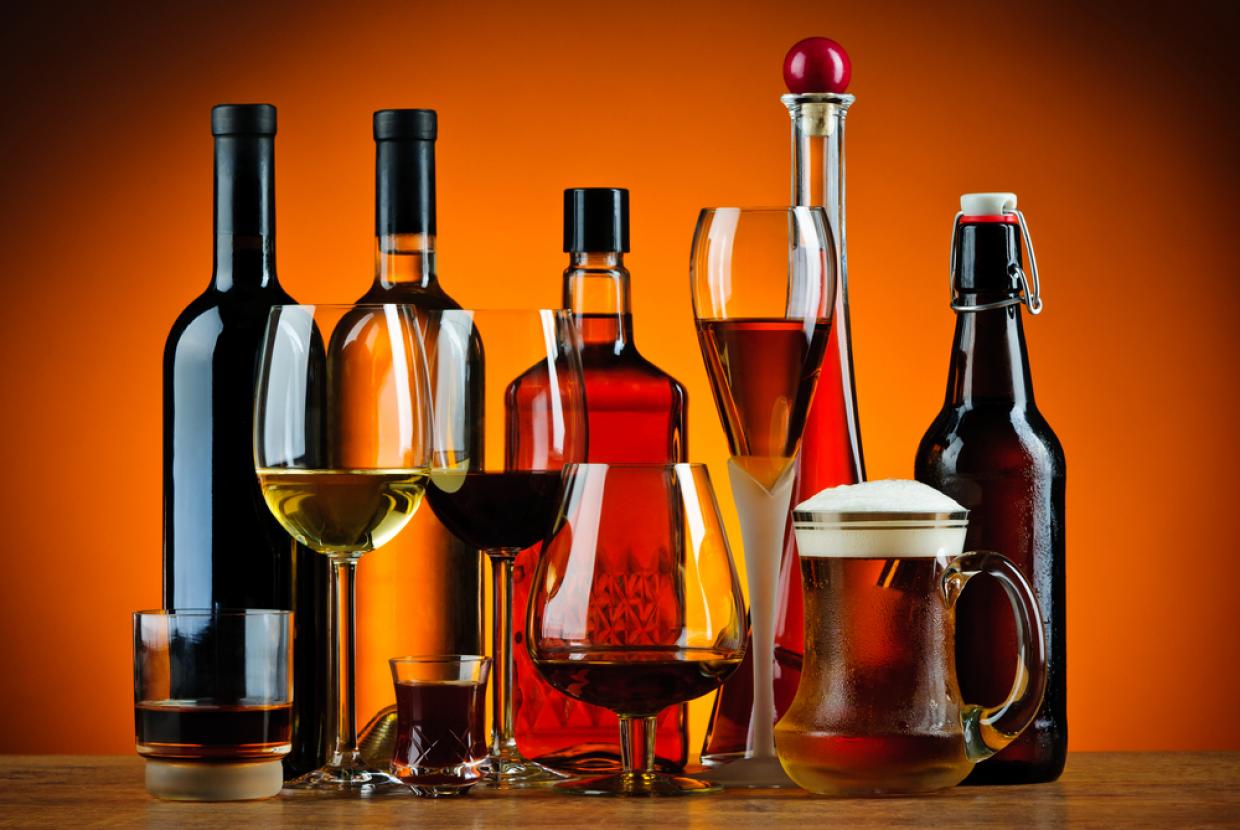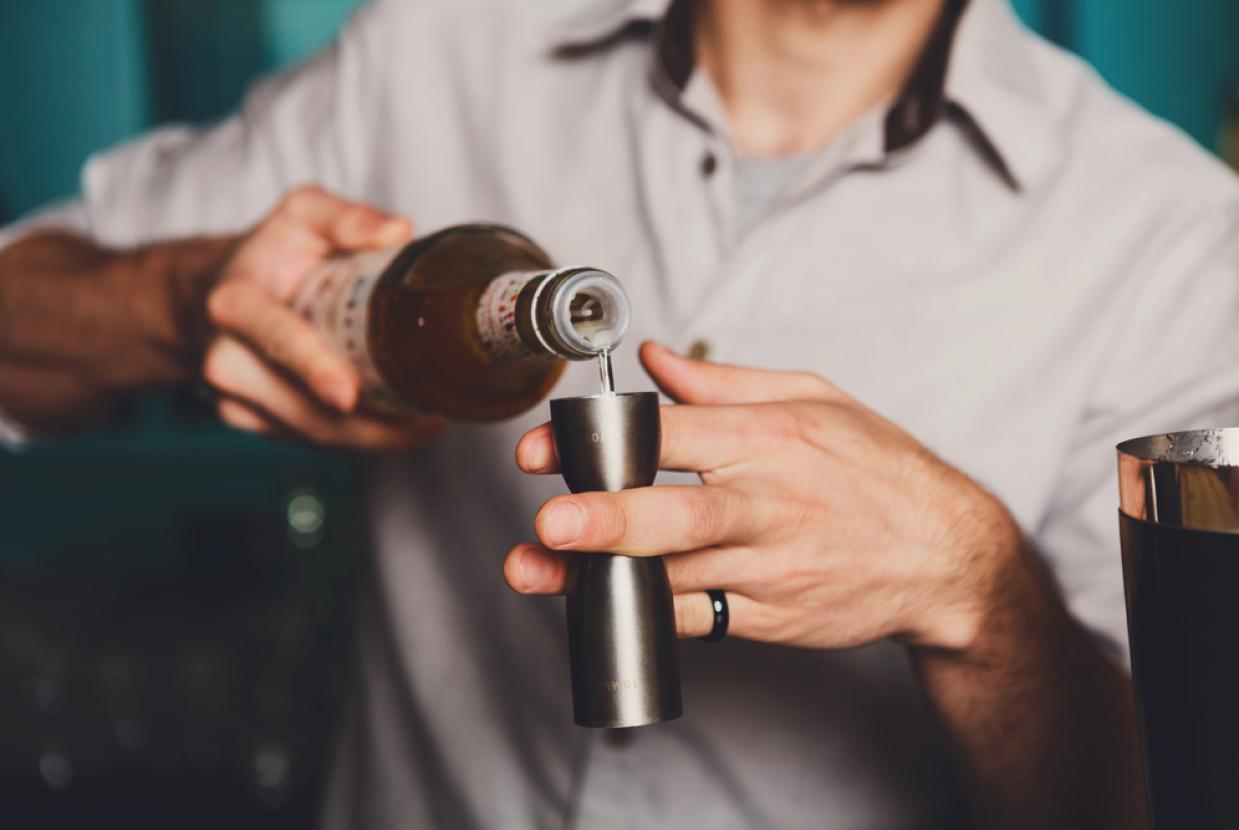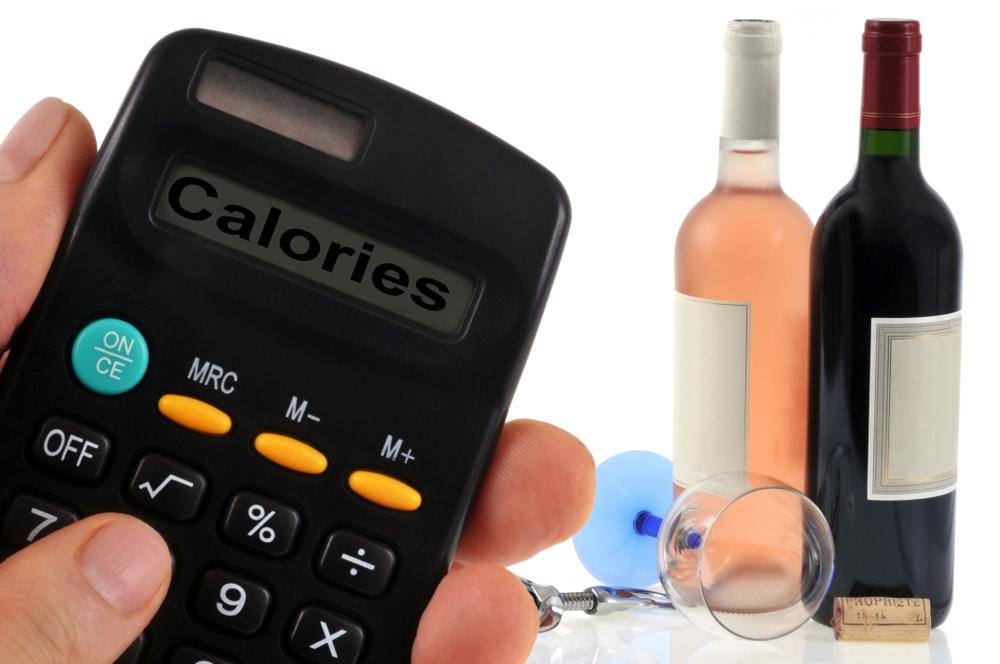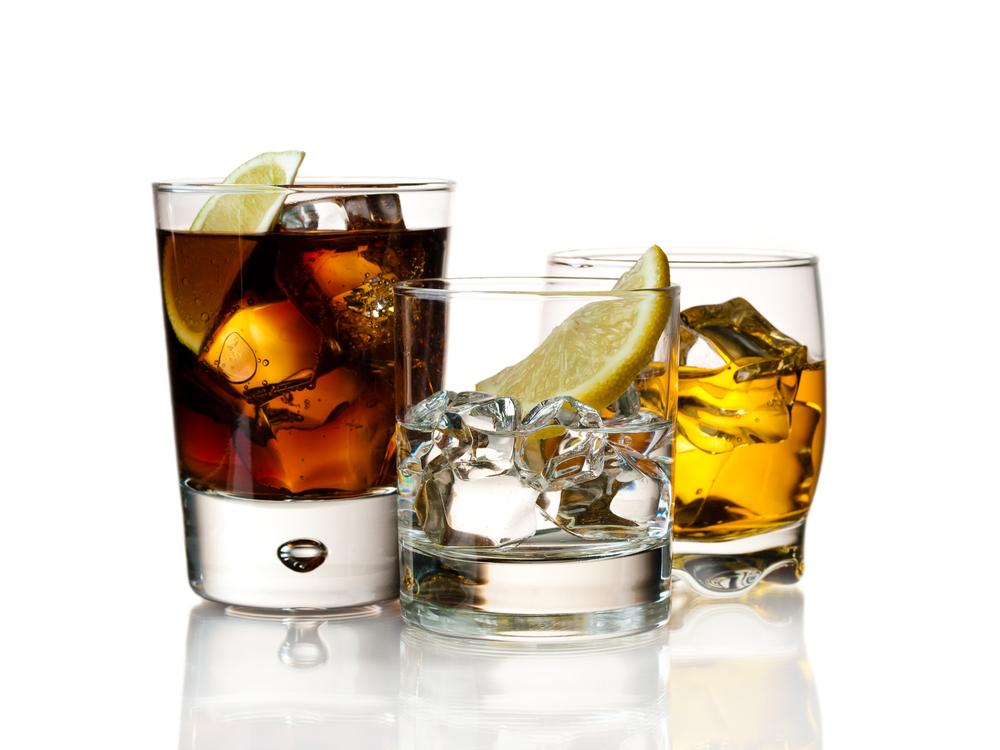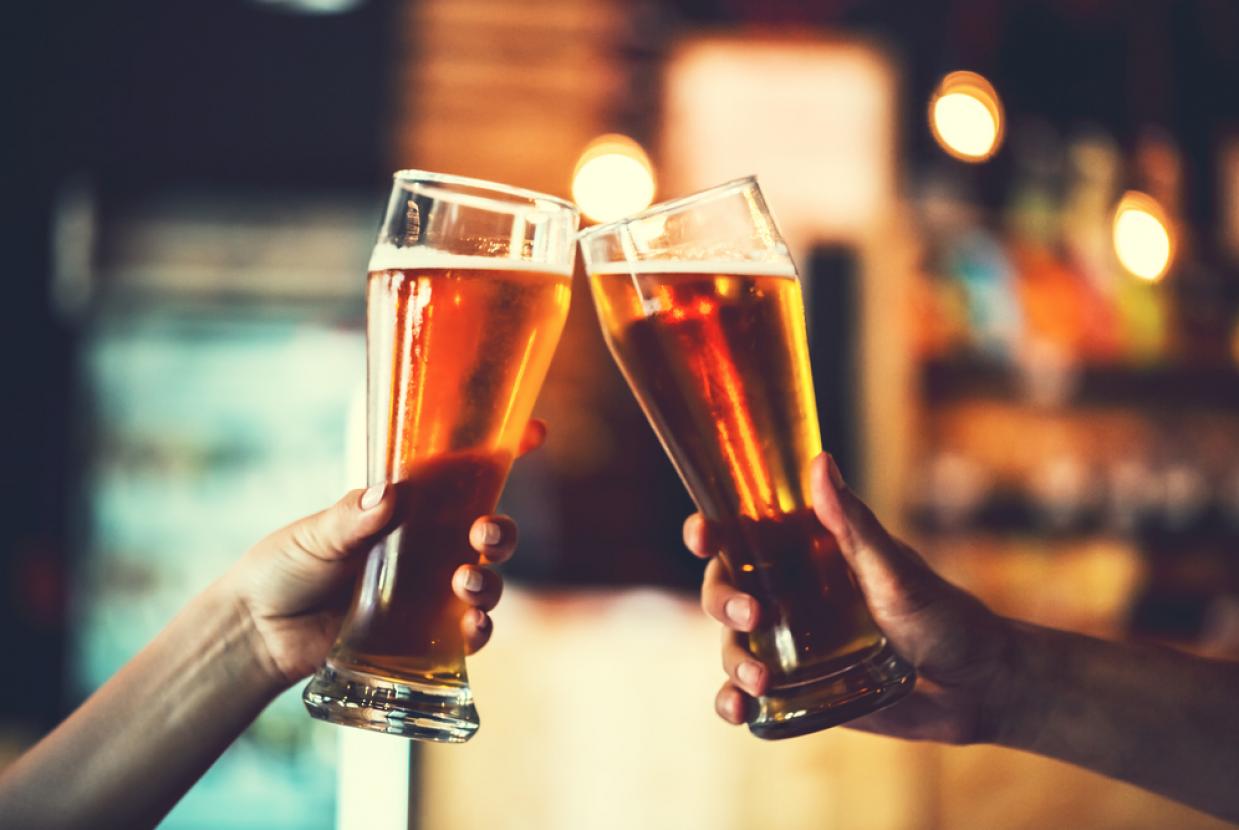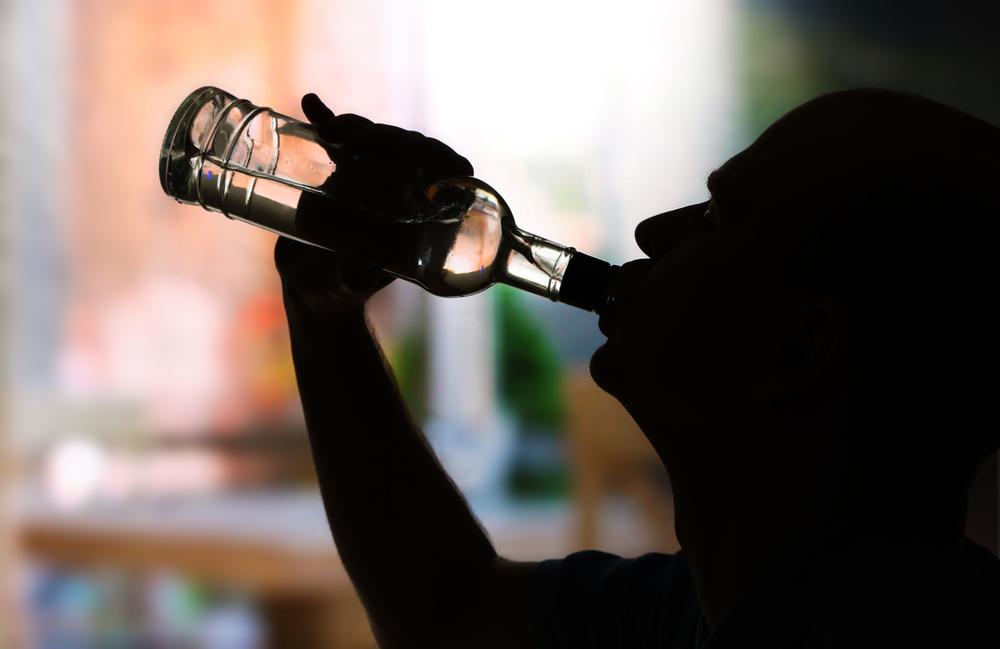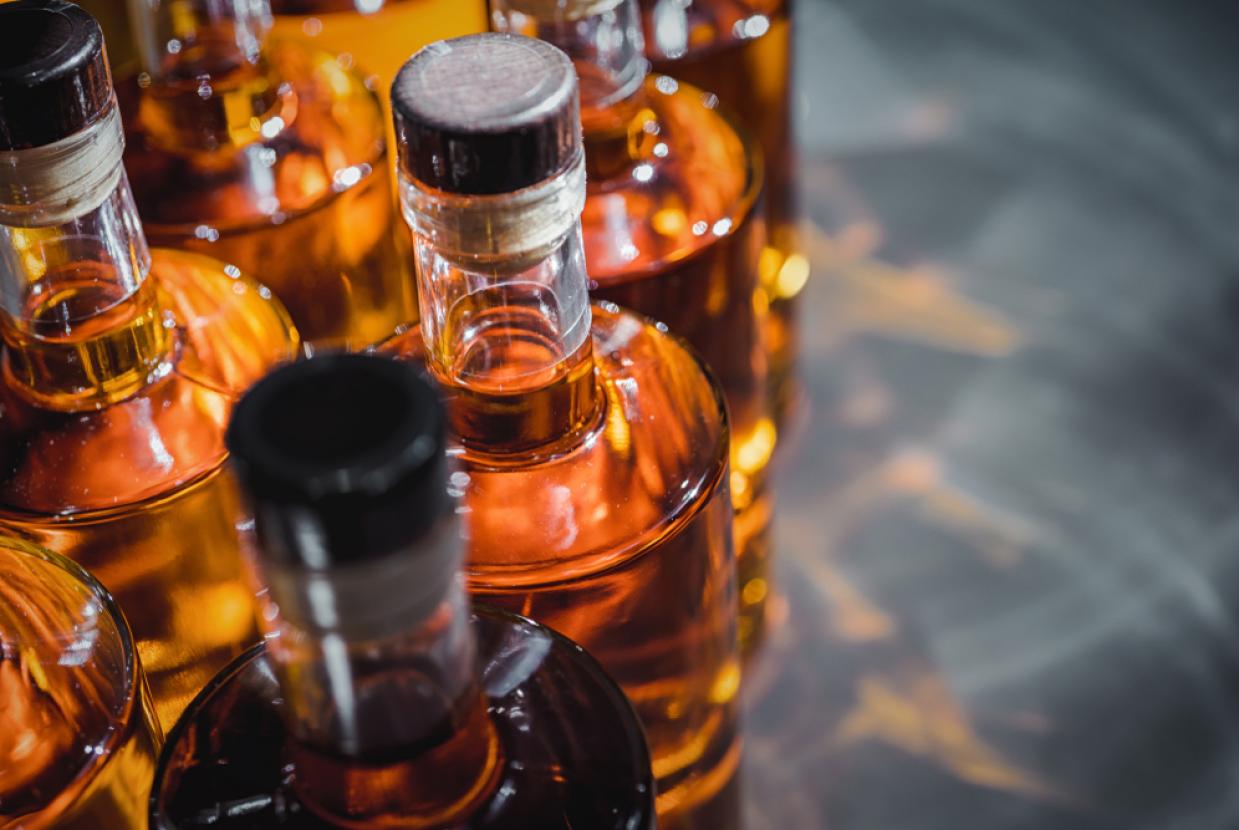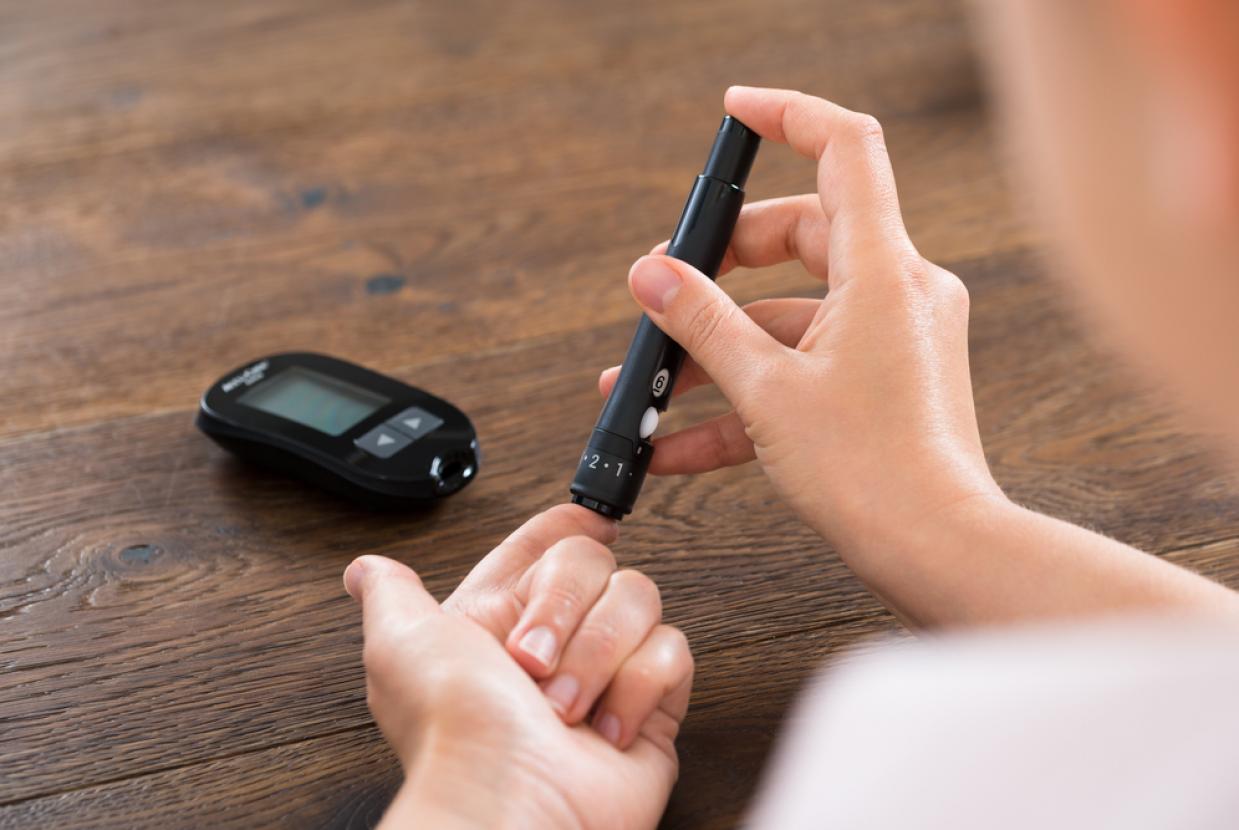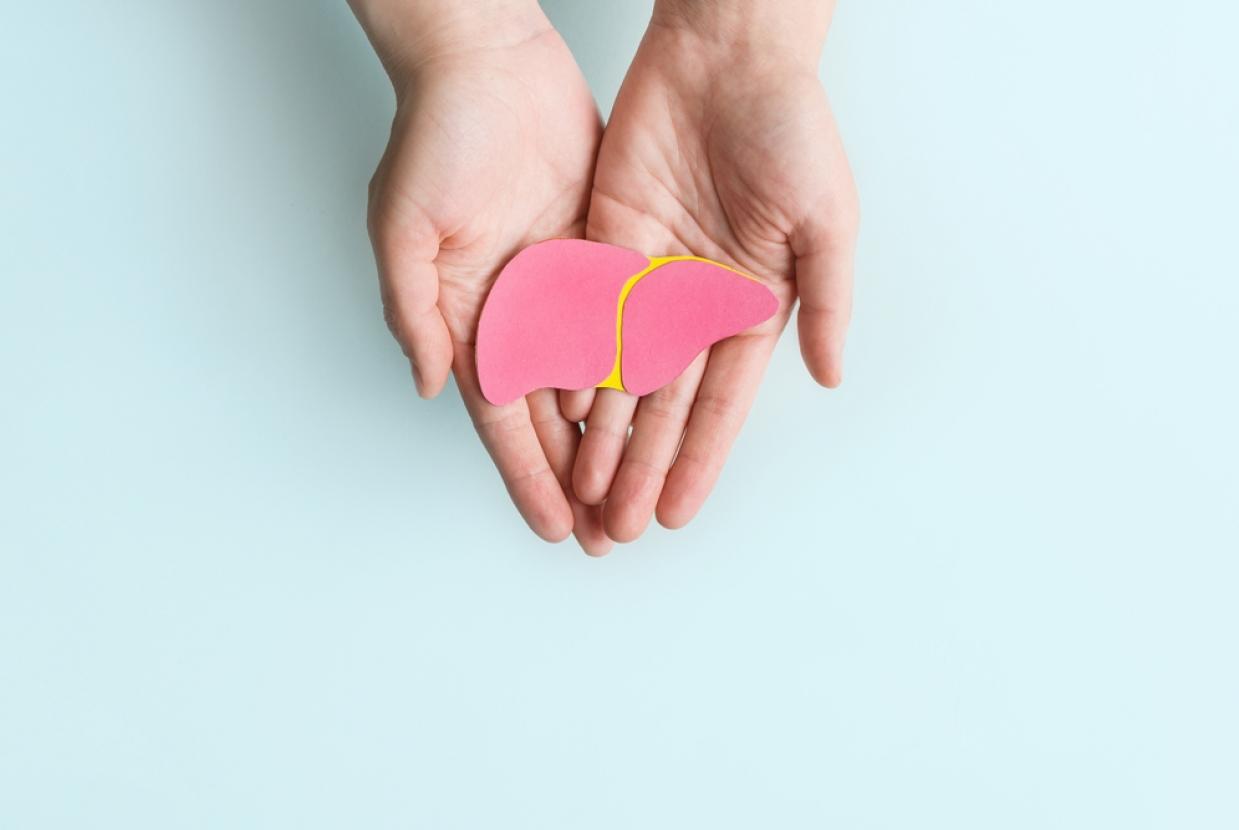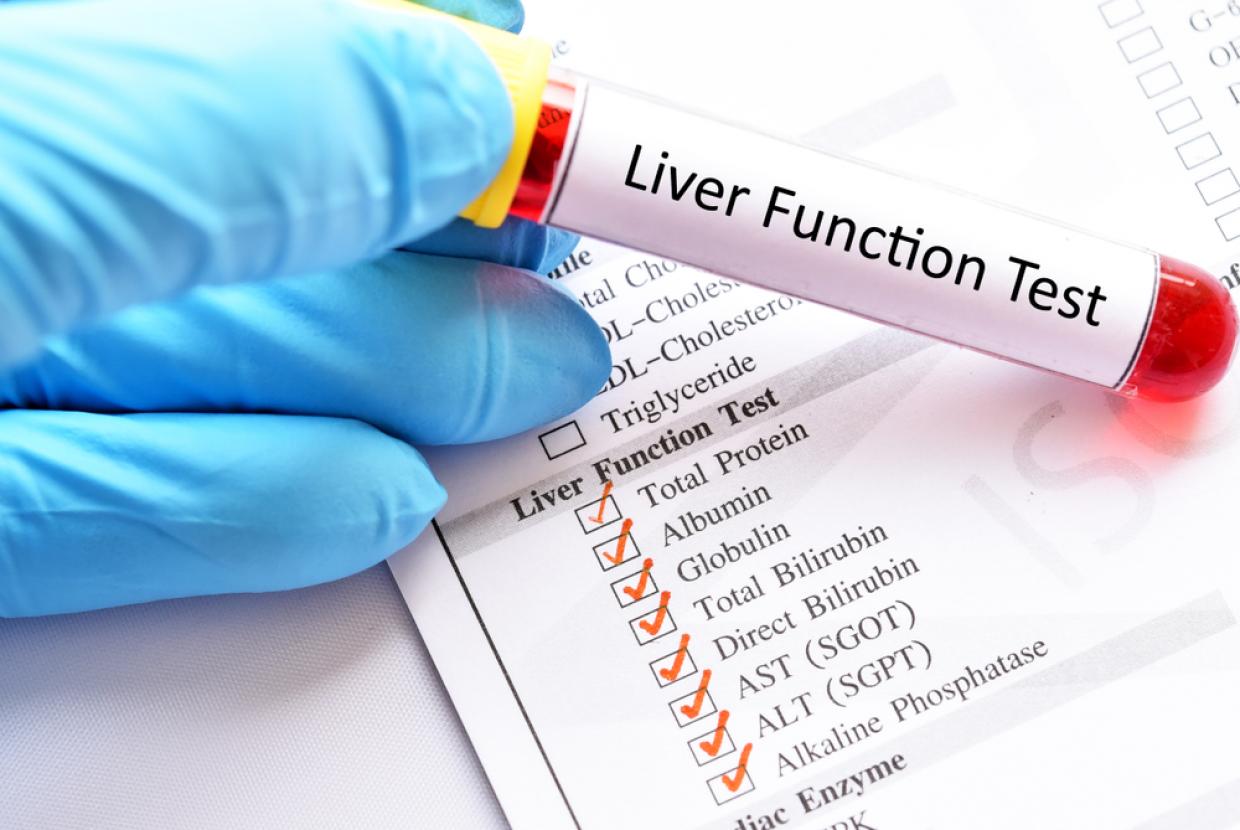Is Alcohol Addictive?
Alcohol GuidanceMany of us will have had the experience of deciding not to drink but then going ahead and doing it anyway. For some of us, alcohol becomes something we carry on consuming even though the negative consequences are plain to see. So, what is it about alcohol that keeps us coming back for more, and can we become addicted to drinking?
What does alcohol do to us when we drink it?
Alcohol is a very simple chemical that can bring about big changes in the complex functions of the human brain. When we drink alcohol, it triggers the release of other chemicals in the body that make us feel more content and less sensitive to pain. So, it is no surprise that once we start drinking, we often want to carry on.
For some of us, alcohol becomes something we carry on consuming even though the negative consequences are plain to see.
What's the attraction?
Perhaps just as important as the pleasurable sensations that alcohol produces are all the things we associate with it. For many of us, a beer or wine marks the end of the working day or the end of childcare responsibilities. It’s a reward, a treat. It’s the way we socialise and celebrate and get to know people.
So far, so good. But why do some of us carry on drinking when it's quite clear that it’s doing us more harm than good? Are some of us ‘addicted’ to alcohol?
What is an addiction?
There is a lot of debate about what exactly an ‘addiction’ is. Perhaps the simplest description is that it is doing something to the point where it harms us, and not feeling able to stop. There are many reasons this can happen. Very often, someone will find that a substance or behaviour (like alcohol or gambling) gives them some kind of release – from ordinary everyday stresses, or from quite deep and troubling problems, such as depression, anxiety or traumatic memories.
Over time, that substance or behaviour can start to take priority over other things and we can start to feel uneasy when we are not feeding our habit. This is sometimes called a ‘psychological addiction’. We don’t know exactly what causes it. It may be that some substances or behaviours are ‘addictive’ and our brains enjoy them and want more of them; or that some people are naturally prone to getting attached to a substance or behaviour; or simply that some people are so troubled by their feelings that they need to continue to blot them out.
Alcohol dependency
As well as ‘psychological addiction’, alcohol can also produce physical dependency. Heavy drinking over a long period of time can leave the body needing alcohol every day, and if the drinker attempts to stop suddenly they may experience sweating, shaking and nausea, and may even go into shock and die. People who are physically dependent on alcohol will need the support of a healthcare professional to stop drinking and may need to detox in hospital under medical or nursing supervision.
What is ‘alcoholism’
Like ‘addiction’, ‘alcoholism’ is a term that stirs up a lot of debate. The idea of ‘alcoholism’ as a disease first grew in the 19th century. At that time, it was certainly a much more compassionate idea than the widespread belief that heavy drinkers were weak or immoral.
The idea that someone is suffering from ‘alcoholism’ (and is ‘once an alcoholic, always an alcoholic’) has been enshrined since the 1930s in the work of Alcoholics Anonymous. Although there is very little scientific basis for it, it is an idea that has helped millions of people to turn their lives around. There are countless people around the world today who are living happier and more fulfilled lives because they decided that they were ‘an alcoholic’ and decided to do something about it by never drinking again.
Others experiencing alcohol problems find terms like ‘alcoholic’ and ‘alcoholism’ (or ‘addict’ and ‘addiction’) unhelpful. They may not wish to define themselves as ‘an alcoholic’ or ‘an addict’ and may see themselves more as someone who is struggling with life and overusing alcohol to cope. They may wish to reduce their alcohol consumption to more moderate levels, rather stopping altogether.
What’s in a name?
Whether or not we accept terms like ‘alcoholic’ or ‘addict’, it is important to be cautious about how we use them. Believing that problems with alcohol only happen to certain people who are ‘alcoholics’ or ‘addicts’ can be a convenient way to brush aside what may be quite serious alcohol issues in our own lives. The truth is that any of us who drink to excess may cause problems for ourselves and others, and may need help to overcome those problems – whatever words we chose to use to describe ourselves.


